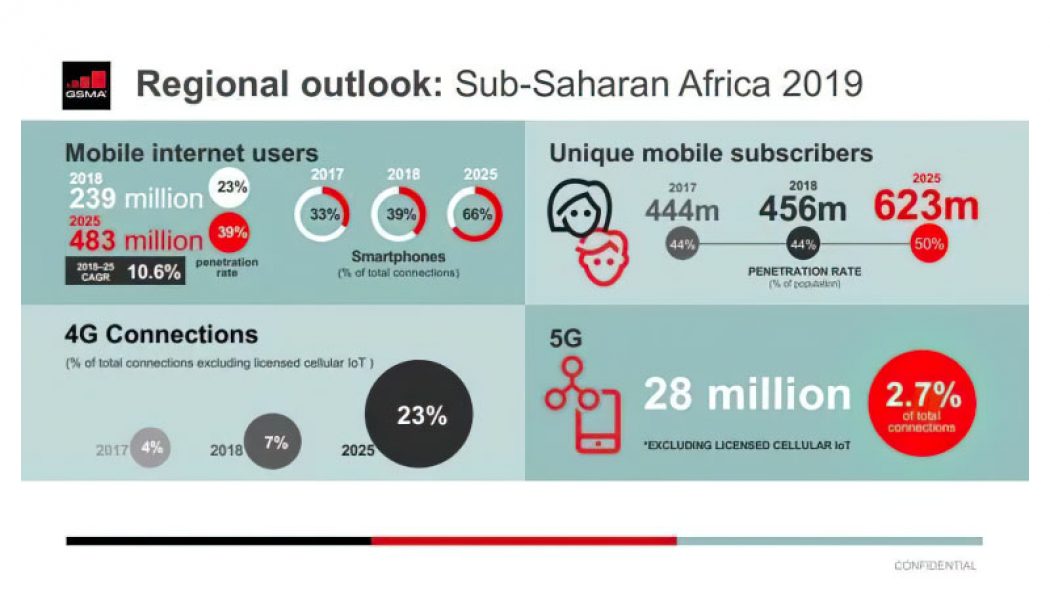nigeria news
Understanding African Markets During COVID-19
Sourced from iStock. We are living in unprecedented times. COVID-19 has swept throughout the world, and governments globally have taken drastic measures to stop the spread in an attempt to save lives. In February 2020, as African countries watched Asia and Europe begin the implementation of lockdown, a study by Survey54, an automated mobile-led data collection platform, found that approximately 80% of Africans interviewed felt almost immune to the virus as they were yet to hear of any confirmed cases on the continent. This did not last long and by Mid-March, lockdown procedures were initiated across Africa. Despite the swift response, lockdown came with many challenges that drastically affected a continent which heavily depends on the informal sector. With roughly 90% of Africans now conce...
Platform Simplifies Access to COVID-19 Interventions in Nigeria
Sourced from Mail & Guardian. Beating Corona Nigeria, the country’s leading virtual intervention database has restructured its model to help disadvantaged Nigerians in need of interventions connect with the relevant non-profits. The platform itself kicked off last month, 9 April, and has recorded a massive amount of data. It continues to actively connect interveners to the people who need access to interventions. After recommendations to resolve the platform’s challenges with making interventions accessible, the database was pivoted towards a new model. With this pivot, the intervention database properly complements the core of the platform’s mission. Some of the major updates on the platform now allows for a search bar that can enable interventions to be easily found, a breakdown of a...
COVID-19 Exposes Lack of ICT Policy in Nigeria’s Education System
Sourced from the Chronicle of Education The COVID-19 pandemic has exposed the fragile state of Nigeria’s education system. A system which the Guardian Nigeria describes as “messy,” one that “lacks information and communications technology (ICT) ingredients, leaving the system to churn out half-baked graduates.” They write that with the continued closure of schools in an attempt to contain the spread of the pandemic – children are now going to be severely disadvantaged, and their families will suffer because of the interrupted learning, compromised nutrition, childcare problems, and consequent economic cost to families who could not work. Today, the distinctive rise of e-learning had made education change drastically – teaching can be undertaken remotely and on digital platforms. But in Nig...













